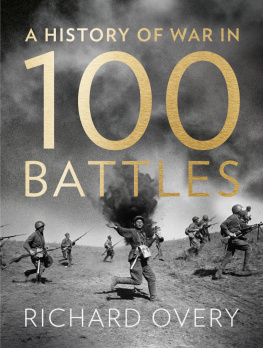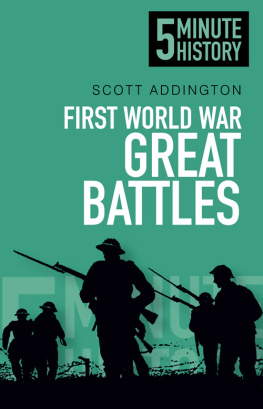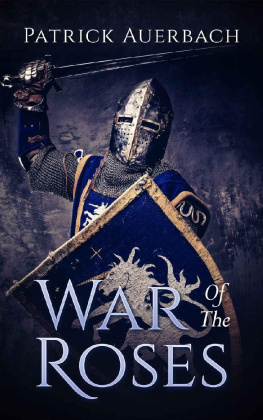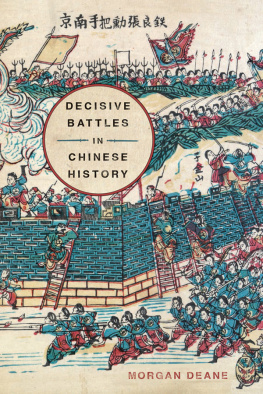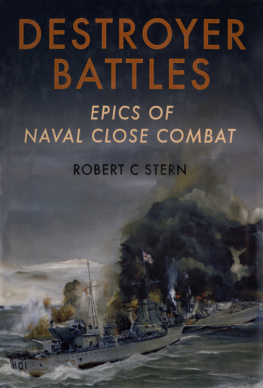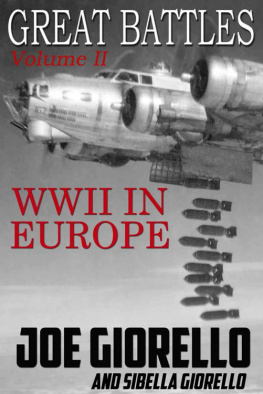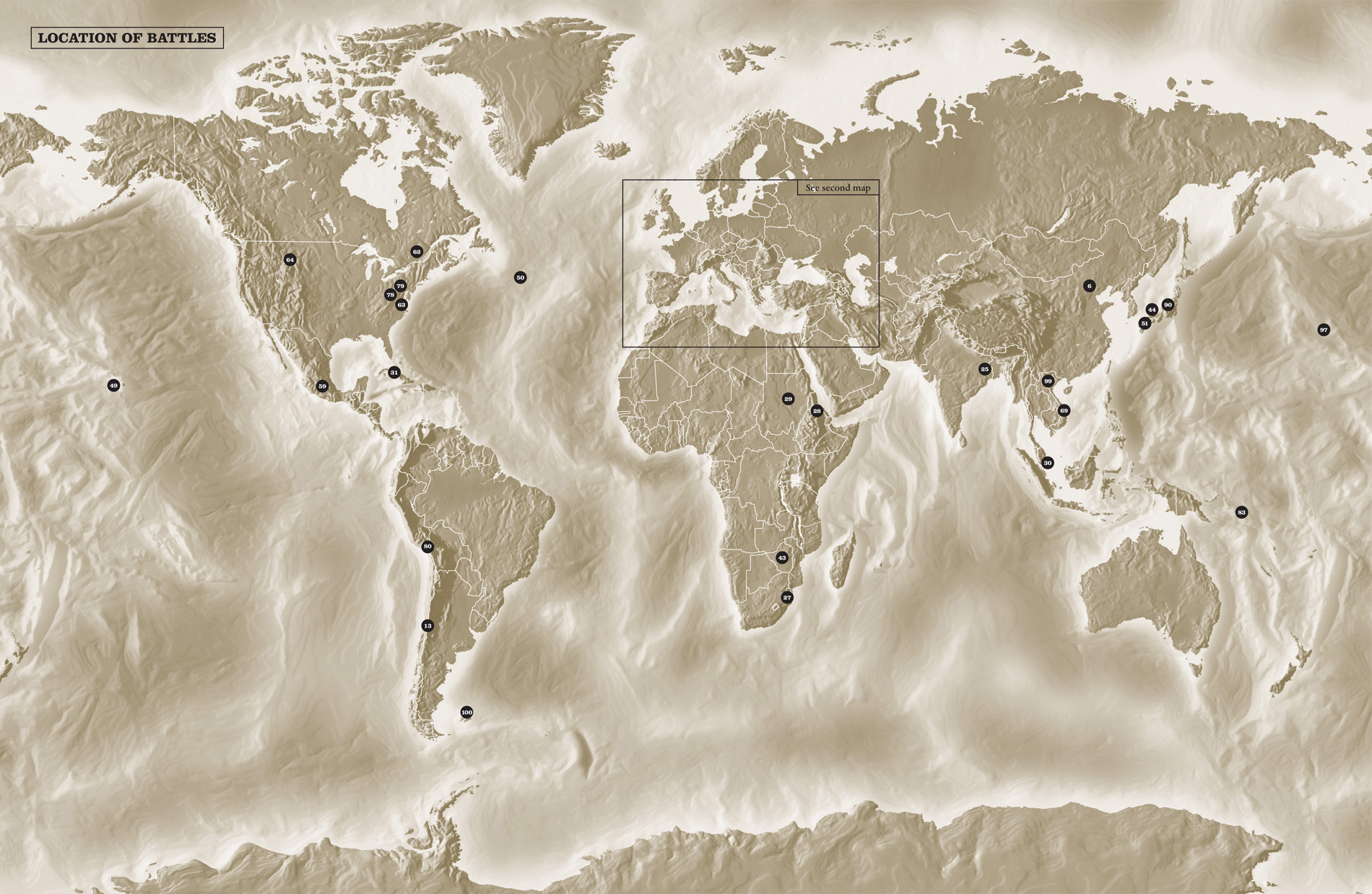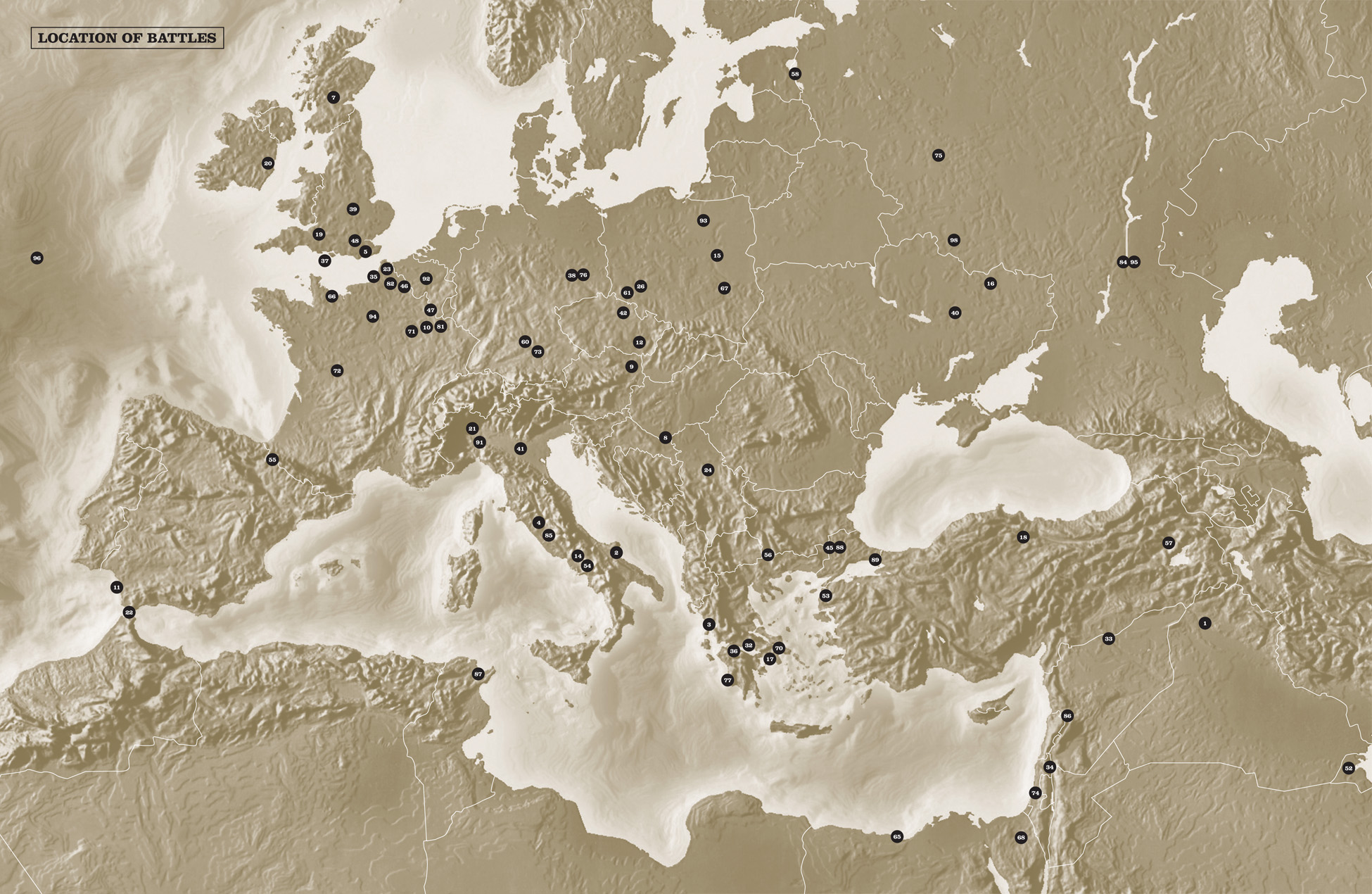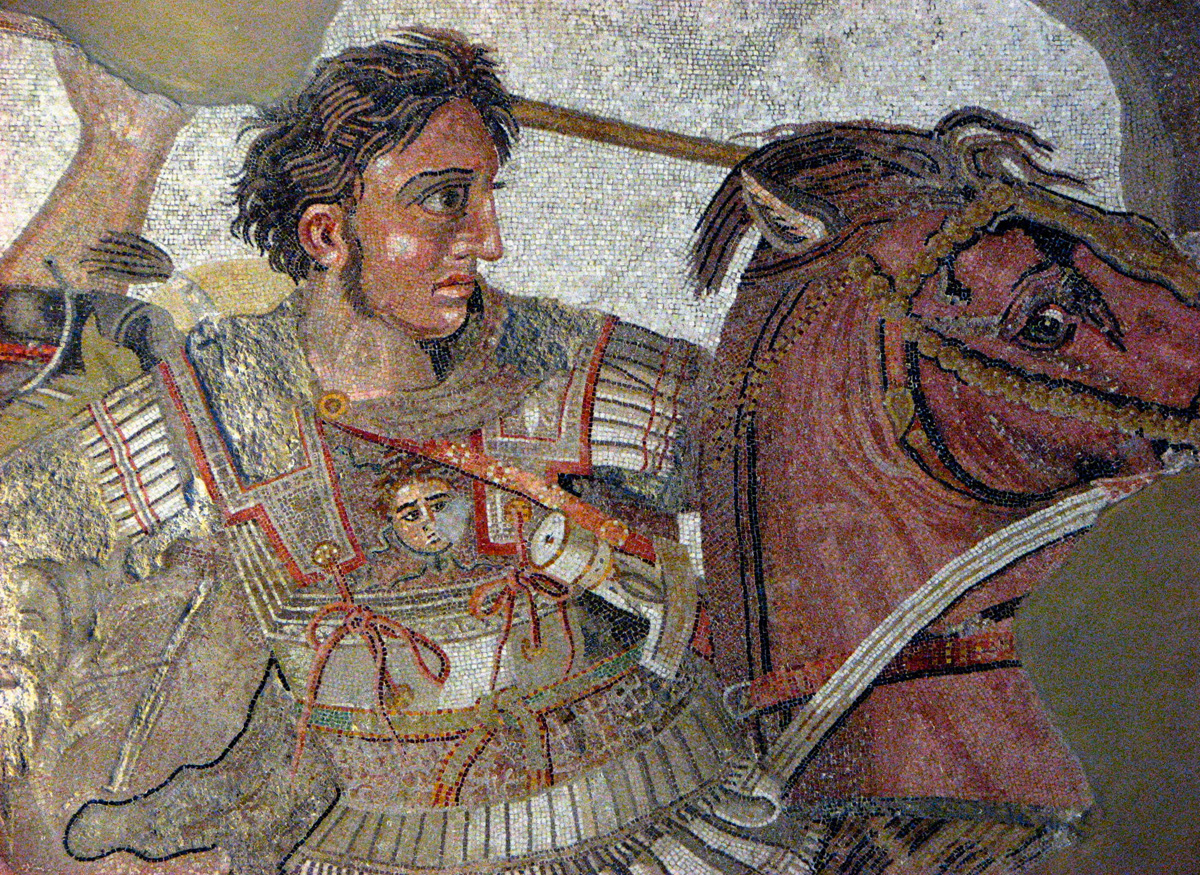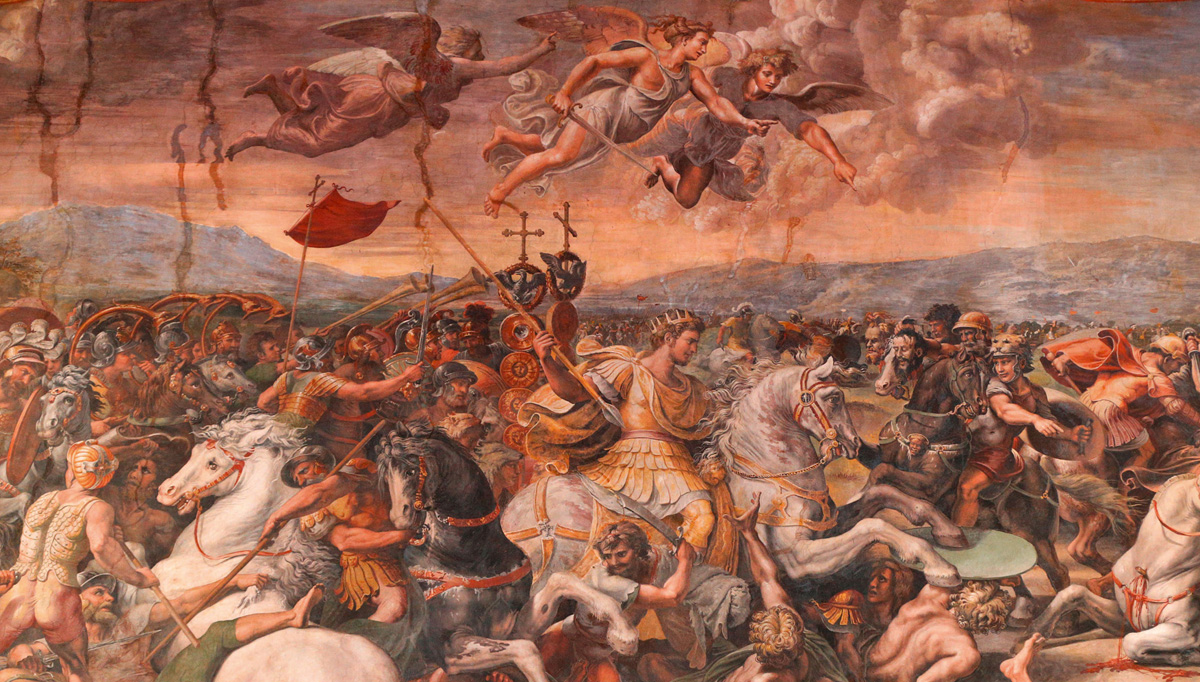William Collins
An imprint of HarperCollinsPublishers
7785 Fulham Palace Road,
Hammersmith, London W6 8JB
WilliamCollinsBooks.com
This eBook first published in Great Britain by William Collins in 2014
Copyright Richard Overy 2014
Richard Overy asserts the moral right to be identified as the author of this work
A catalogue record for this book is available from the British Library
Edited and designed by Tall Tree Ltd
Cover photograph Arkady Shaikhet.
Courtesy of Nailya Alexander Gallery, New York
All rights reserved under International and Pan-American Copyright Conventions. By payment of the required fees, you have been granted the non-exclusive, non-transferable right to access and read the text of this e-book on-screen. No part of this text may be reproduced, transmitted, down-loaded, decompiled, reverse engineered, or stored in or introduced into any information storage and retrieval system, in any form or by any means, whether electronic or mechanical, now known or hereinafter invented, without the express written permission of HarperCollins
Source ISBN: 9780007452507
Ebook Edition October 2014 ISBN: 9780007452521
Version: 2014-09-23
CONTENTS
INTRODUCTION:
THE TRUTH OF BATTLE
CHAPTER 1:
LEADERSHIP
CHAPTER 2:
AGAINST THE ODDS
CHAPTER 3:
INNOVATION
CHAPTER 4:
DECEPTION
CHAPTER 5:
COURAGE IN THE FACE OF FIRE
CHAPTER 6:
IN THE NICK OF TIME
Choosing just 100 battles from recorded human history is a challenge. Not just because it is necessary to cover a period of almost 6,000 years, but because men have fought each other almost continuously for millennia. Any century of battles has to be arbitrary. Anyone who knows anything about the history of war may be disappointed at what has had to be omitted, but each of the battles described here has something memorable about it. Between them, they tell us something about how the nature of armed combat has changed over time, and also how some things have remained the same, whatever changes in technology, organization or ideas separate one era from another.
It is an old adage that you can win a battle but lose a war. The battles featured here almost always resulted in victory for one side or another, but the victor did not necessarily win the war. Some battles are decisive in that broader historical sense, others are not. The further back in time we go, the more likely it is that an enemy could be finished off in one blow. The wars of the modern age, between major states, involved repeated battles until one side was battered into submission. Some of the great generals of the recent past Napoleon, Robert E. Lee, Erich von Manstein were on the losing side but are remembered nonetheless for their generalship. Some on the winning side have all but disappeared from the history books or from public memory.
In many of the battles featured here, the issue is not victory or defeat, but what the battle can tell us about the history of warfare itself. New weapons, new tactics and new ways of organizing armed forces can have a sudden impact on the outcome of a battle. But so, too, can leadership, a clever deception or raw courage. A history of battles through the ages shows that it is not just technical novelty that can make the difference, but the exercise of operational skill and imagination in planning, or qualities displayed on the field of battle itself, many of which are perennial. That is why the book has been divided up into a number of clear themes, which apply equally to the battles of the ancient world as they do to the battles of today.
Many of the descriptions here rely, of course, on contemporary accounts that are contradictory, confusing or plain wrong. Many battles have passed into legend. This means that some of the descriptions are best guesses by historians using all the evidence that is currently available. Tempting though it is to choose the most dramatic account, narratives of battle have to be treated with caution. Even the most modern battles Stalingrad is a good example are not free of embellishment or simplification or propaganda. This is perhaps inherent in the nature of the beast. Battles are remembered differently by victor and vanquished, and few people who are in the heart and heat of battle really know what is going on around them.
Hibernian/CC
Alexander the Great is portrayed at the Battle of Gaugamela (331 BCE ) on a mosaic found on the floor of the House of the Faun in Pompeii. He is astride his famous horse Bucephalos and wears a breastplate decorated with the head of Medusa.
One remarkable thing about battles is the extent to which they have been recorded as art, from Greek friezes and Roman columns to the monumental paintings of the Napoleonic age or the modernist record of the two world wars. As a result, it proves much easier to illustrate the long history of combat than other aspects of the distant past. Where contemporary art is lacking, later generations have rendered great battles of the past with imagination and power. Each of the 100 battles featured here has been brought to life by the addition of some form of an image.
Imagination is important for the reader, too. No description, however rich, can capture the clamour of battle, the shrieks of the dead and dying, the squeal of horses, the thunder of guns, the smell of fear and the strange, eerie calmness that descends on the bloodstained landscape after the fighting is done. If these cannot be properly conveyed, they should not be forgotten. Battles are not computer games but pieces of living history messy, bloody and real. That, at least, has not changed in 6,000 years.
Richard Overy
London and Exeter, 2013
Robert Harding World Imagery/Alamy
This fresco shows the Battle of the Milvian Bridge in 312, which secured the imperial crown for Constantine. It was created by Giulio Romano between 1520 and 1524 after designs by the Italian artist Raphael (14831520) and now decorates the Hall of Constantine in the Apostolic Palace in the Vatican.
THE TRUTH OF BATTLE
A Japanese soldier, writing in his wartime diary during the Pacific War, confessed that, for all the horrors he confronted daily, the one beautiful thing about fighting is the truth that only war can possess. He was writing not principally about war, but about battle the truth that soldiers face when they are actually in combat. It is a raw, unmediated truth, for the end point of conflict can be death, injury or surrender for those in combat on either side. No other human activity makes these demands, for they lie at the extremity of human endeavour: kill or be killed, survive or perish, conquer or be conquered. The moment of truth is compelling because there is no obstruction from the outside world between you and the possibility of death. It is a truth that can seldom be veiled because it is there to see in the harsh aftermath of a field or sea littered with corpses, in the silence of the dead and the screams of the dying, the triumphant victors often as battered, exhausted and depleted as those they have defeated. It is a truth that men, and it is almost always men, have faced from the earliest recorded battles in the civilizations of the ancient Near East to the conflicts of the contemporary world.

